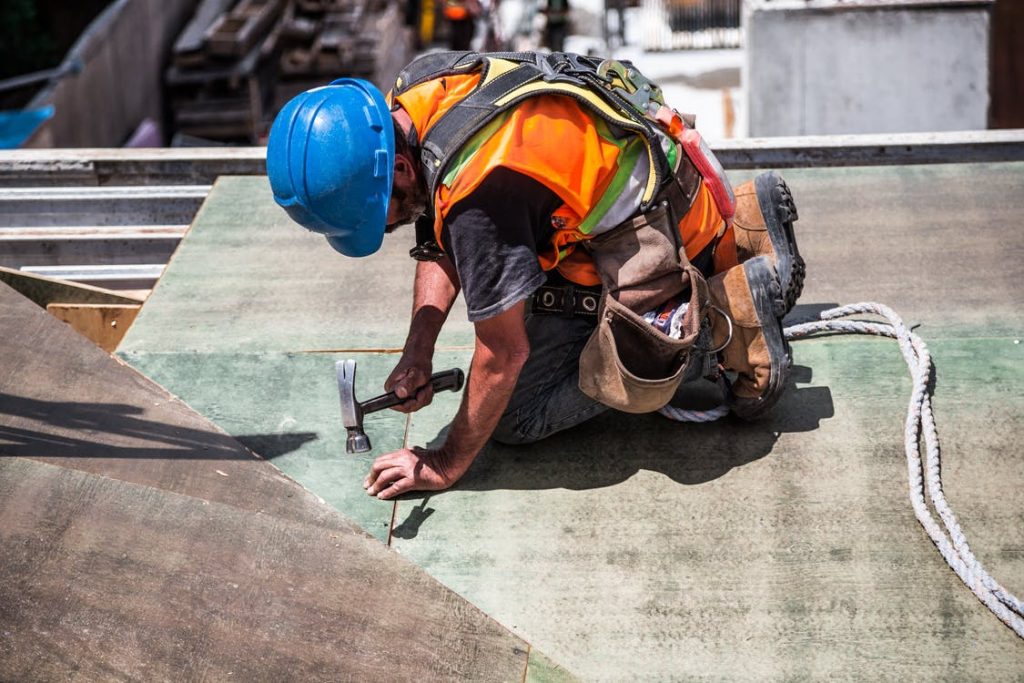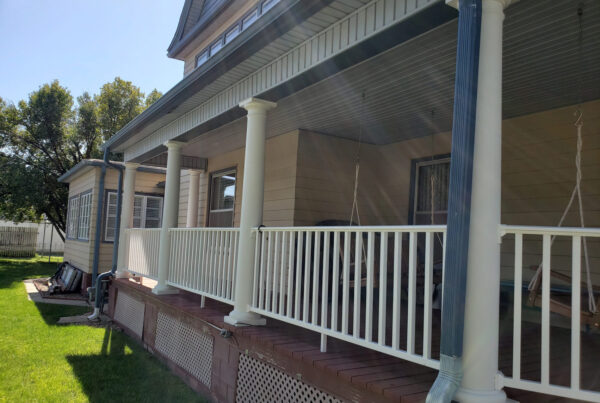When budgeting for a construction or renovation project, many homeowners focus primarily on the price of materials and overlook the significant impact that installation costs can have on the total expense. However, installation costs can quickly add up, often leading to unexpected budget overruns. Understanding the factors that contribute to these costs and planning accordingly is essential for managing your project’s overall financial health.
1. Labor Rates
Labor is one of the most substantial components of installation costs. The rate for skilled labor can vary significantly depending on your location, the complexity of the project, and the availability of qualified professionals. In regions with high demand for construction services, labor costs can be particularly steep. Additionally, specialized installations that require expertise, such as intricate stonework or custom cabinetry, may involve higher hourly rates or even the need for subcontractors, further increasing costs.
2. Material Handling and Preparation
The handling and preparation of materials can also drive up installation costs. For instance, heavy or delicate materials may require special equipment or additional labor to move and position them correctly. If materials need to be cut, sanded, or finished on-site, this can add both time and expense to the installation process. Moreover, if materials are not readily available and need to be sourced from distant suppliers, shipping and handling costs can also contribute to the total installation expense.
3. Complexity of the Installation
The more complex the installation, the higher the costs are likely to be. Projects that involve custom designs, intricate patterns, or multiple steps can take significantly longer to complete, resulting in higher labor charges. For example, installing a custom staircase or an elaborate tile mosaic requires meticulous attention to detail and precise execution, which can extend the project timeline and increase labor costs.
4. Site Conditions
The conditions of the installation site can also have a significant impact on costs. If the site requires extensive preparation, such as leveling uneven ground, reinforcing structures, or removing existing materials, these tasks can add to the overall expense. Additionally, sites with limited access or those located in hard-to-reach areas may require special equipment or additional labor, further driving up costs.
5. Permits and Inspections
In many cases, installation projects require permits and inspections to ensure compliance with local building codes. Obtaining these permits can involve fees, and the process of scheduling and passing inspections can add time and cost to the project. If a project fails an inspection, additional work may be required to bring it up to code, resulting in further expenses.
6. Unforeseen Issues
Even with careful planning, unforeseen issues can arise during installation that increase costs. For example, discovering hidden damage in walls or flooring, encountering unexpected plumbing or electrical problems, or dealing with adverse weather conditions can all lead to delays and additional expenses. Having a contingency fund in your budget is crucial to cover these unexpected costs without derailing your project.
Conclusion
Installation costs are a significant component of any construction or renovation project, and they can substantially impact your total budget. By understanding the various factors that contribute to these costs—such as labor rates, material handling, site conditions, and potential unforeseen issues—you can better plan and allocate resources for your project. Proper budgeting and preparation can help you manage installation costs effectively, ensuring your project stays on track financially. Sherwood Lumber provides expert advice and high-quality materials to support your project, helping you achieve your goals without unexpected financial surprises.










